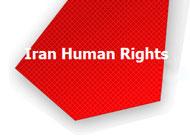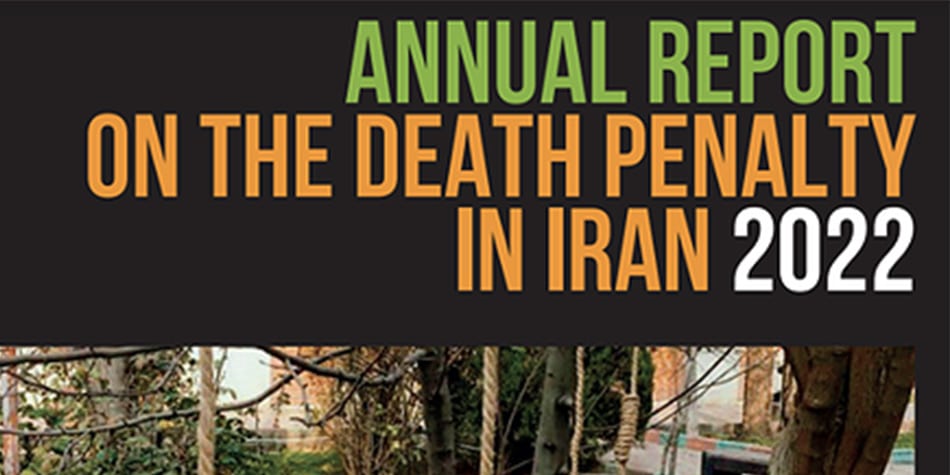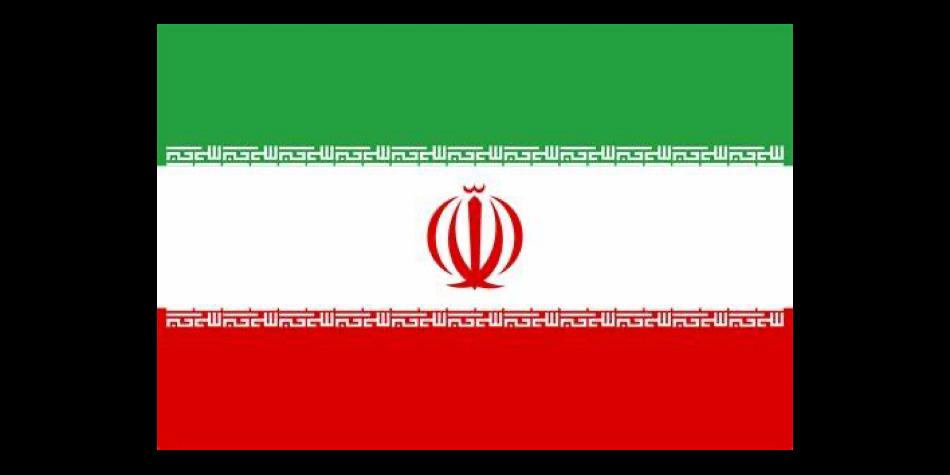Iran (Islamic Republic of)
World Coalition Steering Committee member
Iran Human Rights
Iran Human Rights (IHR) is a non-profit politically independent NGO with a mission to build a strong civil society by empowering citizens, promoting and defending human rights as defined by the Universal Declaration of Human Rights. Abolition of the death penalty is one of the main objectives of IHR’s activities.
With its broad network of human rights defenders inside Iran, IHR has been able to provide a more accurate assessment of human rights violations, especially the death penalty in Iran. Iran Human Rights has been publishing its annual report on the death penalty in Iran since 2008 and has become an international authority on the subject due to their sources and diligence in reporting. As well as researching, monitoring and reporting on human rights abuses in Iran, IHR also organises campaigns, meetings, press conferences, educations courses and exhibitions in line with its mission statement.
Date founded
2005Structure type
NGOWorld Coalition Steering Committee member


 Box 2635 Solli
Box 2635 Solli Phone +47 91742177
Phone +47 91742177





